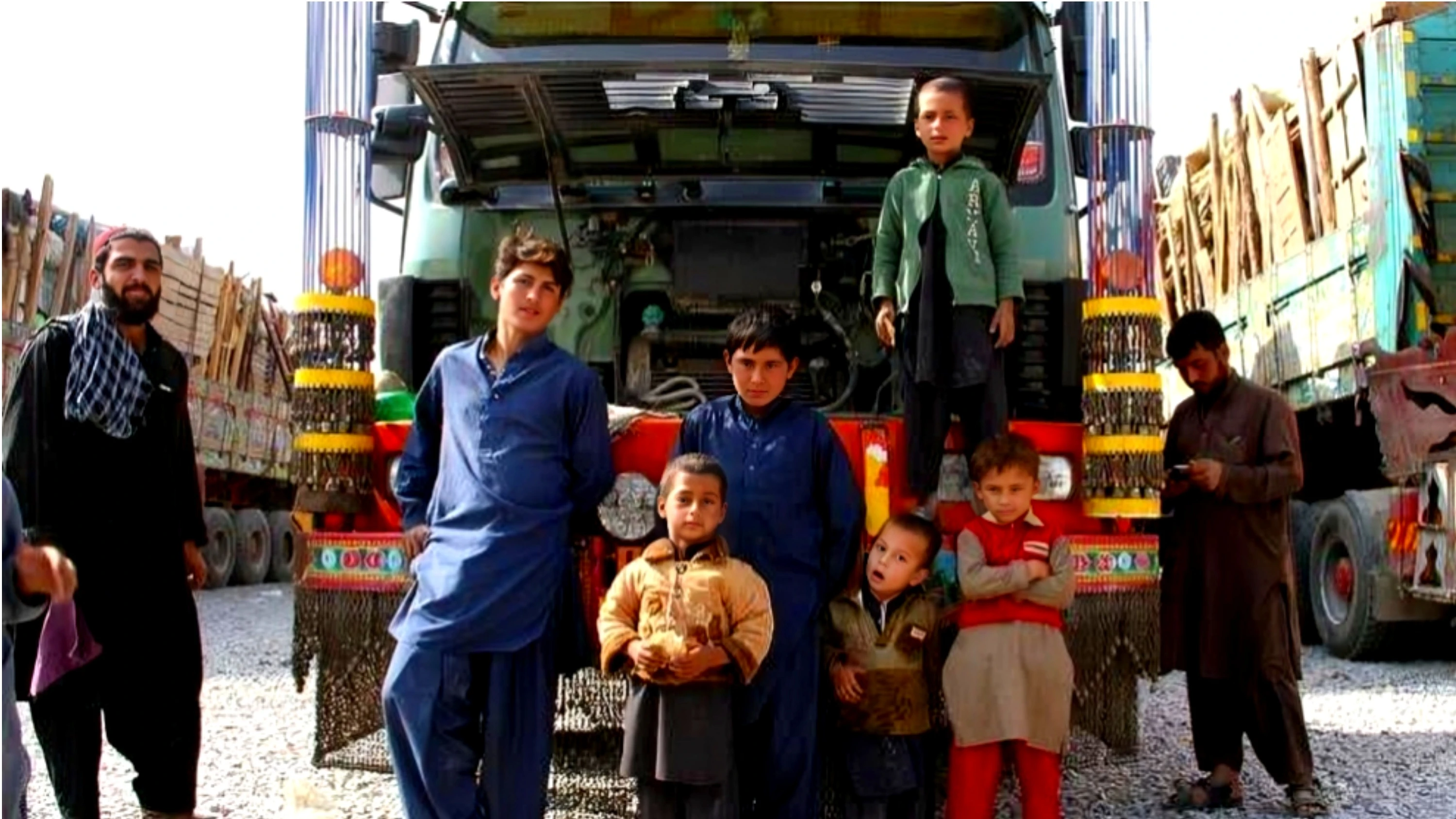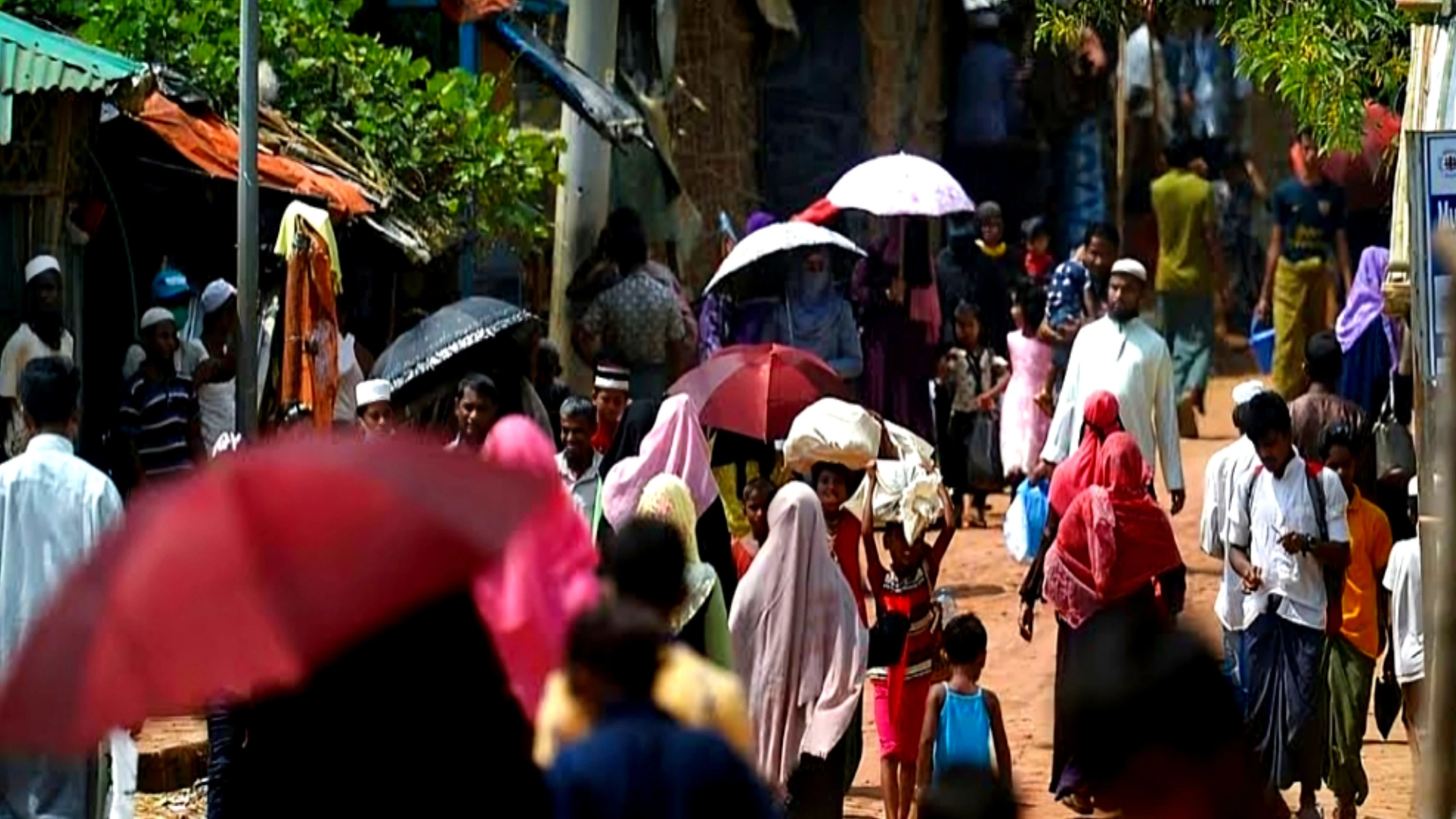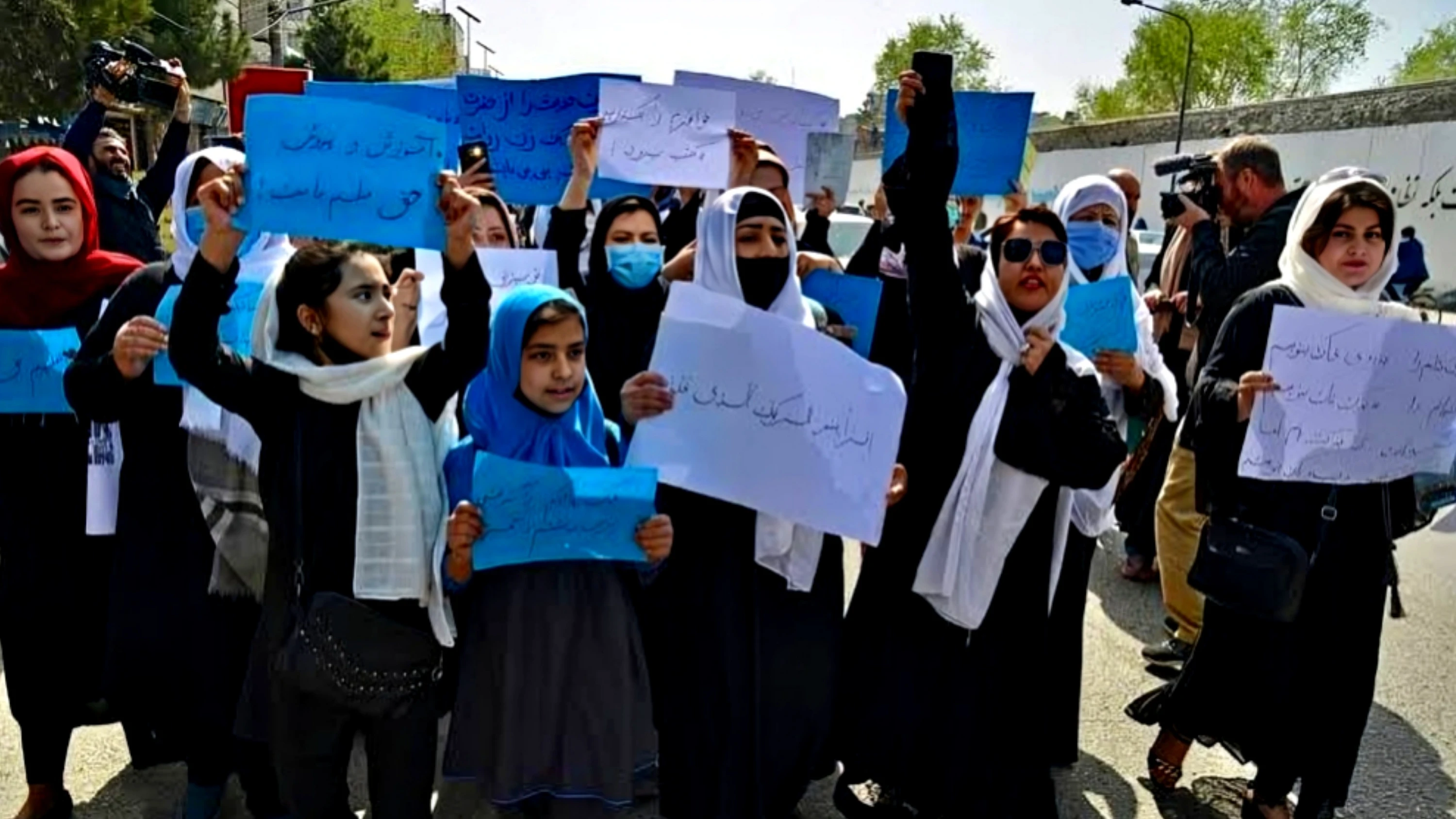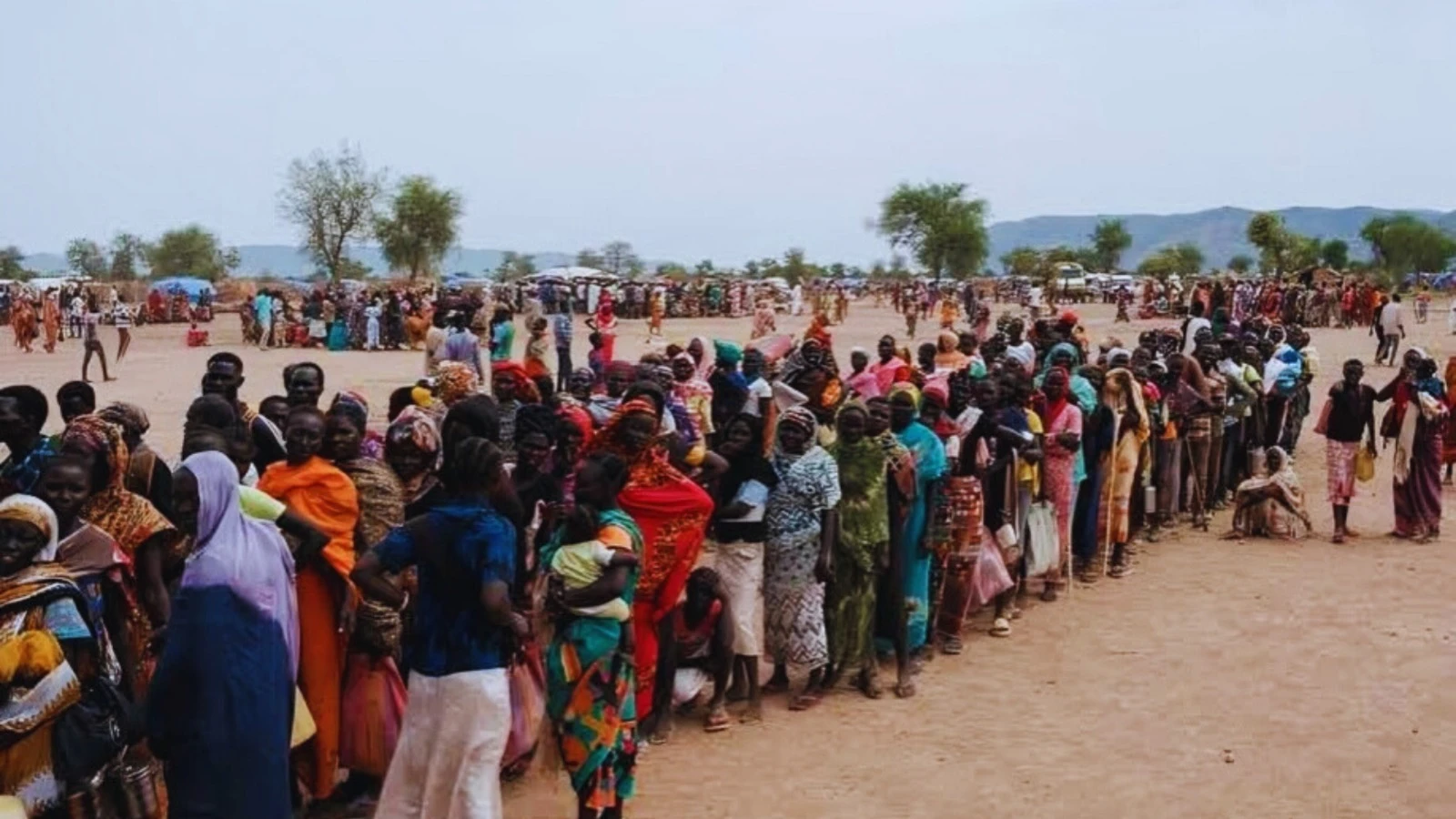Report: Since the regime change in Afghanistan, the nation has been engulfed in economic, political, and social crises. Among the worst affected are Afghan women, who face targeted oppression and systematic marginalization under the current regime.
The new government has brought with it severe restrictions on women's rights, making their existence feel like a crime. Women are facing extensive limitations on their Social, Political and Economical mobility, such as prohibitions on leaving their homes without male accompaniment, bans on their participation in most sectors, and forced marriages without consent. These restrictions are coupled with a total ban on education for women, depriving them of their fundamental human rights and leaving many in severe mental distress.
The suspension of education for women has not only denied them their basic rights but also created widespread depression and psychological trauma. Reports suggest that the regime aims to dismantle the education system entirely, steering future generations towards religious extremism and endangering Afghanistan’s long-term prospects.
Economic hardships have compounded the plight of Afghan women. Many, left without male breadwinners due to war or job losses, have been forced into unimaginable circumstances. Reports and social media footages reveal that some women have resorted to selling their kidneys or even their children to survive. This reflects the devastating economic reality countless Afghan families are facing.
Speaking to Human Online, an Afghan social and women rights activist, Nangrisa Afghan, stated that “the very existence of women has become a crime” under current regime. She added that the regime does not recognize women as human beings or independent individuals.
An Afghan university professor told the Human Online that the current regime is not only restricting women's education but is systematically working to dismantle the entire education system, paving the way for a future steeped in extremism.
The current regime's strict martial law has driven political, social, and human rights activists, particularly women, to flee the country. Those who remain in Afghanistan face dire consequences if they speak out, effectively silencing any opposition to the regime.
While the government continues to violate human rights with impunity, international organizations and human rights bodies appear powerless to intervene. The global community's inability to act has left Afghan women and activists in a state of despair and vulnerability.
In light of the ongoing restrictions on women's education in Afghanistan, the head of Khyber Pakhtunkhwa's nationalist party and Chairman of the Bacha Khan Trust, Aimal Wali Khan, has announced free education and scholarships for Afghan women in the region. This initiative aims to support Afghan women who have been denied access to education under the current regime. Additionally, several welfare organizations in Peshawar are also providing free education to Afghan women residing in the city, further contributing to their empowerment and access to learning opportunities.
The situation in Afghanistan highlights a profound humanitarian crisis, with women bearing the brunt of targeted oppression.
While speaking to Human Online, Afghan women rights activists demanded that the international community must take urgent and decisive steps to address these violations and support Afghan women in reclaiming their rights and dignity.








